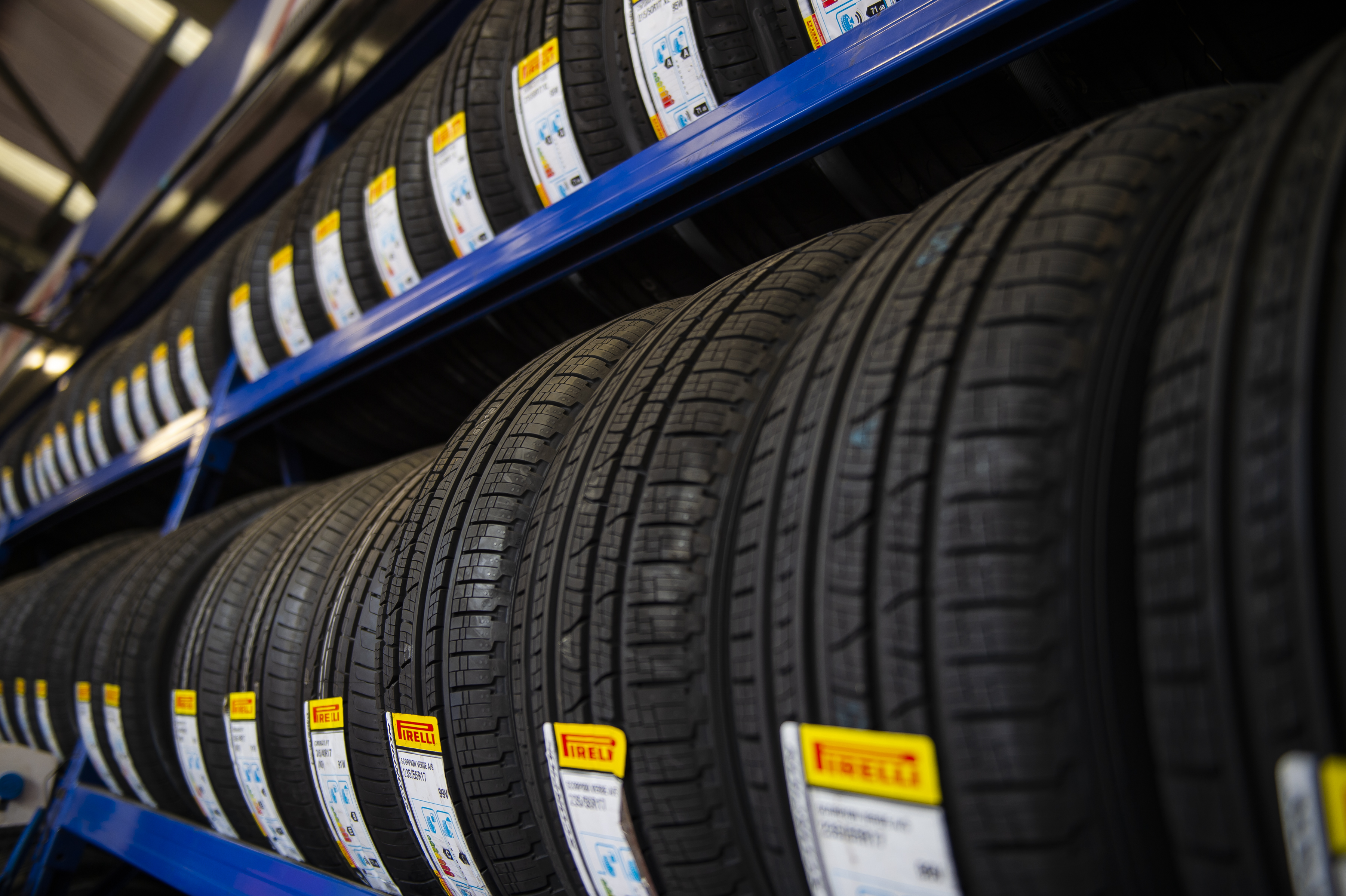Understanding Tyre Size and Type for Your Car
Published on: Friday, 09 June 2023 | Author: Jack Dreyer
We spend a lot of our time thinking about tyres – being Tyre Pros and all – but they’re actually one of the least thought-about aspects of cars. Thousands of drivers go about their daily business with tyres that are overly worn, improperly pressurised, and (in some rare cases) not technically suitable for the weight limit of the vehicle.
Understanding the size and type of tyre suitable for your vehicle is crucial to keeping your car happy, your wallet happier, and yourself and other road users safe. But, with so much variety, where do you start?
Let’s learn about tyres.
Get to Know Your Tyre Markings
While it may seem like random numbers and letters, the markings on tyres give you almost everything you need to know about the tyre. The tyre markings are on the sidewalls because they’re usually the last (if at all) to wear down – meaning you can still make out what the tyre markings say long after the tread has worn out!
Our page on tyre markings explains everything you need to know, from tyre size, to section width, to aspect ratio, and even load index & speed ratings. Assuming you currently have the correct type of tyres fitted, these markings are crucial for telling you what your car’s tyres should be replaced with.
Now, you don’t have to get exactly the same tyres as you currently have fitted, but getting to understand what the tyre markings mean will help you know where an upgrade might be beneficial.
What types of tyres are there?
Broadly speaking, tyre types are usually split into categories based on the intended use-case of the tyres themselves. These can be generally categorised into tyres for seasonality, tyres for types of vehicle, and tyres that can continue to be driven on when punctured (known as run flat tyres).
The differences between these categories boil down to a few core considerations. Mainly, these are questions like how much weight will the tyre(s) need to be able to handle, what temperatures will the tyres generally operate in, how much water is the tyre going to need to account for, how fast can the vehicle go, and will the vehicle need to be able to operate off-road?
Let’s look at the categories that aim to address these questions.
Tyres for seasonality
Most tyres fitted in the UK tend to be summer or all season tyres. In order to provide the best option for comfort & performance, seasonal tyres are designed to better handle the conditions typical of that season. Winter tyres, for example, are designed with much deeper grooves in the tread pattern so that they can better displace water. The rubber is also designed to operate efficiently at temperatures below 7°C.
Conversely, summer tyres are made to operate effectively in high heat and generally dry conditions. They don’t need to displace as much (if any) water to avoid aquaplaning but instead need to account for loose debris on the roads (like gravel and dust), as well as avoiding breaking down in the heat.
Tyres for vehicle type
Then there are tyres for specific types of vehicles. A tyre for a 4x4 work truck, for example, is likely going to need to be able to bear a much greater load than a tyre for a 2-door hatchback. And tyres for electric vehicles need to bear the extra weight of the vehicle. These tend to also encompass some of the other considerations – tyres for 4x4s tend to have larger and deeper tread patterns to be able to maintain grip off-road, but these also usually make them better at maintaining grip in wet conditions.
Tyres for performance & comfort
Some tyres are specifically designed to reduce noise and increase fuel economy. These are often byproducts of tyres made by premium manufacturers (in the sense that a generally “better” tyre will usually do those things, too), but you can also find specific “low noise” tyres – suitable for quieter driving within cities and towns. Tyres made by premium manufacturers – and especially homologated tyres – tend to offer far better fuel economy and much lower noise.
Need new tyres? Trust the Pros
If you’re unsure of what tyres to get, use our tyre search tool here to find which fitments are suitable – then simply book an appointment at your local Tyre Pros centre!




